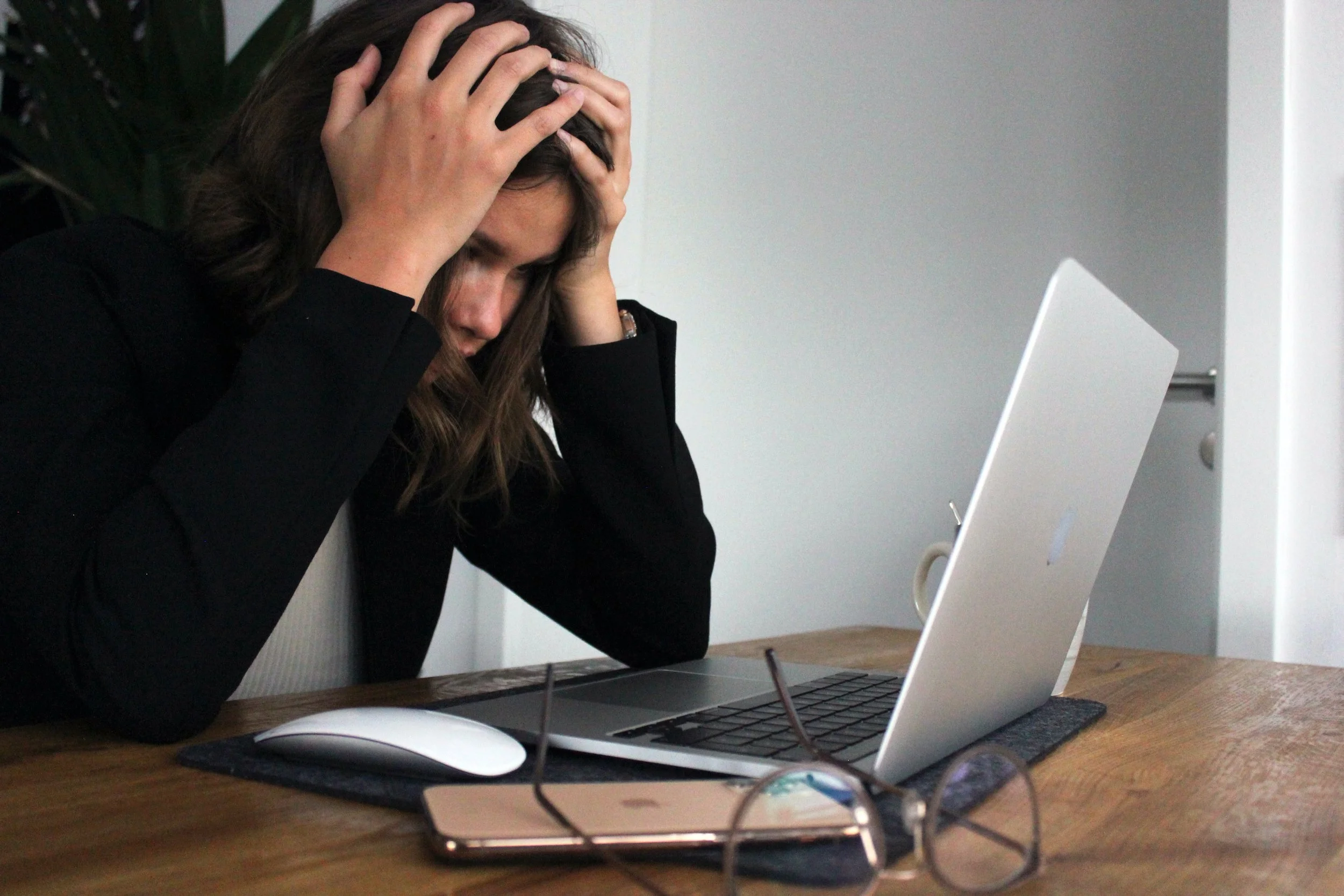Stress (Part 3)
When working from home is not what it's cracked up to be...
MANAGING STRESS
Even when we know change is inevitable, it’s hard to take the steps that might prevent overwhelm. Anxiety, worry, too little time, and too many responsibilities make taking charge seem impossible. In fact, the more stressed we are, the more some of the symptoms of stress get in the way of making changes. Barriers like these or others may prevent us from taking charge of some of the changes that will help us live better with stress.
Trying to solve too many problems at once, or focussing on the bigger problems, instead of dealing first with the smaller problems, makes change overwhelming.
Trying to shift the blame on others, or on a situation, prevents action.
The build-up of stressors in your lives (as well as physical or social tensions) may affect your judgment and initiative.
Using mind-altering substances, such as excessive alcohol intake or recreational drugs, as substitutes for resolving problems can actually increase stress.
A negative outlook makes us believe nothing can change.
Recognising barriers that keep you stuck, anxious or depressed, gives you the choice of finding ways around what is causing you stress. Remember that you may need to ask for help from more than one source.
REDUCING THE IMPACT OF STRESS
You can take some control by working on personal and family strengths that will help you be more resilient.
Enjoy more family time and spend quality time with friends. Friends and family are an important buffer against the impact of stress.
A pet can also be there for you and give you a sense of purpose (and a lot of joy).
Practice appreciative communication techniques in your families. Listen to each others.
Take care of your personal health. It is impossible to eat a healthy diet when you are brain fogged, tired, and tired of being tired, and have no will-power left.
Strengthen spiritual resources (any tools that keep you grounded, and help you stay true to yourself)
Keep what is most valuable to you and your families at the centre of your choices.
Reach out to people and be part of your community. Being there for others strengthens your own circle of support
Take notice of change, the stressors you experience, and how these make you feel. You may want to postpone new commitments if there is already too much stress in your life.
Remember that thoughts are linked to emotions and, emotions are linked to behaviour. To change your behaviour you must change the way you process your thoughts, and which thoughts you allow in your mind. If you always focus on the negative, you will never be truly happy. Bring happiness in your life by focussing on what you did well, what went well in your day. It can be anything. Gratefulness is great tool to help you just do that. In you silent prayer or in your journal, list 3 things that you are grateful for at the end of each day.

